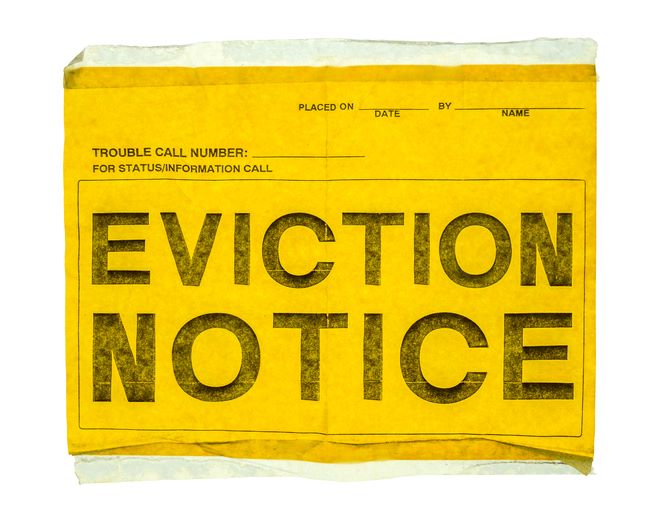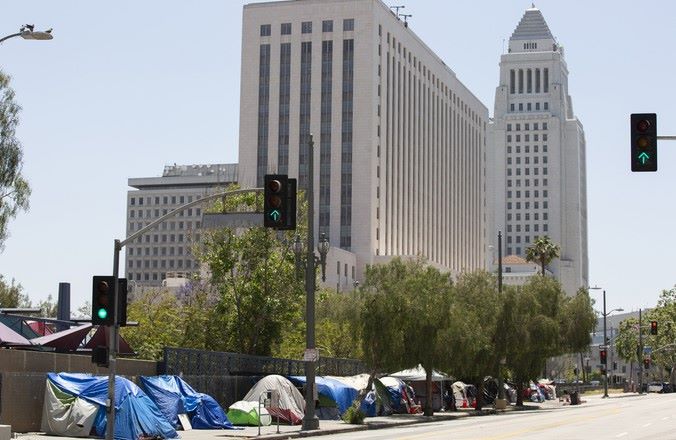A number of councilmember-sponsored discussion items dominated the Santa Monica City Council meeting on Tuesday, many of them simple. There was a request from the Board of Equalization to use council chambers in October, budget allocations for Hispanic Heritage Month and Martin Luther King Jr. Day events, and even councilmembers from Mazatlán, Mexico – Santa Monica’s sister city – who want to come visit in a couple of weeks.
But when a councilmember discussion item regarding renter protections came up, things got serious very quickly.
Mayor Gleam Davis and Councilmembers Jesse Zwick and Caroline Torosis asked for a motion to be discussed that would direct the city manager and city attorney to develop recommendations for programs and ordinances that would protect the city’s significant renter population from record increases in evictions.
Councilmember Caroline Torosis spoke in favor of the item, saying “I’m really horrified by the trends we’ve been seeing, both in the city and in the larger metro area.” She went on to compare evictions just prior to a COVID eviction protective order in May of 2020 – 217 – to a June 2023 number of 4,480 eviction cases being filed in L.A. Superior Court, the highest monthly total in six years. She also pointed to several residents on strike and under already stagnant wages fueling a need for action to prevent further proliferation in eviction orders.
One proposal Torosis supports is expanded protection from eviction for those only one month behind on rent. Another would be to require relocation assistance for those priced out of their units due to landlords implementing a maximum allowable rent increase. She would also like to see all buyout agreements between landlords and tenants registered with the city, not just those for rent-controlled units. She would also like to see a budget estimate for the cost of a potential “right to counsel” ordinance that would help pay for legal representation for tenants facing eviction and other landlord disputes in court. According to Torosis and many legal organizations, 90 percent of landlords seem to have legal representation, but only about 10 percent of tenants are armed with the legal help they need in court.
Torosis also spoke up for an official Rental Registry, saying, “A Rental Registry is a renter protection measure. It helps us to track units that are vacant versus occupied; it helps us to track where the evictions are happening; it helps us to track vacancies – there are a lot of myths out in the community about what our vacancy rate is – and, most important to me, it helps us enforce our short-term rental ordinance, which is not currently being enforced to the full extent it should be.” She noted that in this regard, Santa Monica is behind other jurisdictions in implementing such a registry.
Making a forceful case to protect renters behind with one month’s rent, Torosis also pointed to a new report from Los Angeles City Controller Kenneth Mejia that showcased not only where evictions are taking place in Los Angeles, but also that the average rent total most evicted tenants were behind on was only about $2,600, which is one month’s rent for many in the region.
Councilmember Jesse Zwick weighed in in support, pointing out that much of what his council colleague proposed has already been implemented in the City of L.A. and other local jurisdictions. He seconded the notion that many evicted tenants are thrown out for owing less than one month’s rent, and that if allowed to stay, he is confident those renters could have made up for what they owed.
Citing how often she hears complaints about the homeless, Mayor Gleam Davis said, “It seems to me not only the best but certainly the most inexpensive way to address homelessness is to not let it happen in the first place.” She challenged the myth that all homeless Angelenos are mentally ill or drug addicted, saying study after study backs up the fact that most lose their homes for economic reasons.
Councilmember Lana Negrete, the only renter on the city council, reserved her complaints primarily for how unaffordable Santa Monica has become, invoking gentrification due to the lack of affordable units set aside in new developments. “Units are going for $7,000, $5,000 a month. Combined income families cannot afford them,” she said. “We’re lacking the diversity that I grew up with here in the ‘80s, and ‘90s because of that.” She later added, “What we’re seeing with these units being built and what’s being charged, I don’t know who we’re attracting, but I can tell you, it’s not the people that are in my tax bracket.”
Councilmember Oscar De La Torre said he would like to look into a rental assistance program so that issues between tenants and landlords never even enter the legal system.
“Hearing that someone could be evicted for owing less than a month’s rent is absolutely absurd. Absolutely absurd,” said Councilmember Phil Brock. “People have to have a chance. And if these protections will help people have a chance, then it’s something that’s absolutely necessary.” He also bemoaned multi-bedroom units being taken up by groups of roommates versus families, and asked Torosis, as a lead sponsor of the item, if anything could be added to these actions to keep multi-bedroom units open to families.
Torosis said she hoped something on this could come back within 150 days, and also suggested the items they are proposing have room for De La Torre’s idea of flexible financing to be explored for feasibility.
The proposal passed unanimously 7-0.
Photo Image by mrdoomits
Stay informed. Sign up for The Westside Voice Newsletter
By clicking submit, you agree to share your email address with Westside Voice. We do not sell or share your information with anyone.








